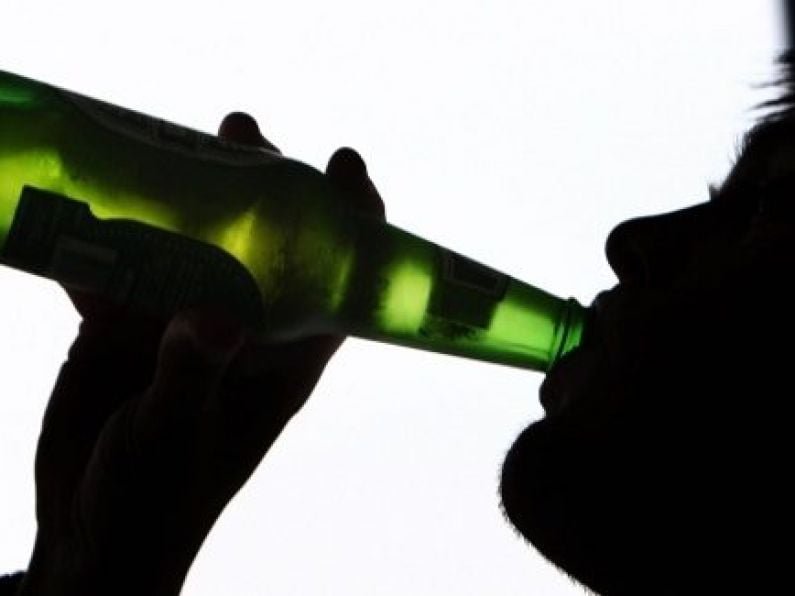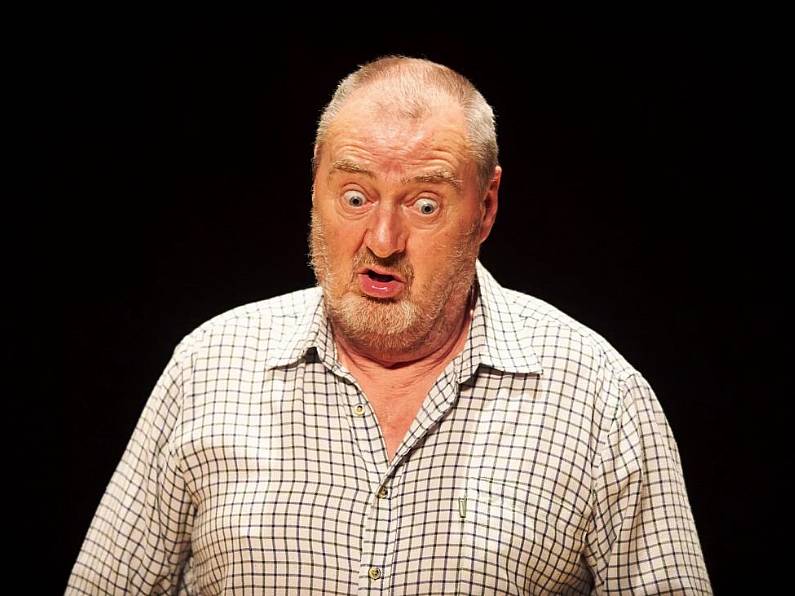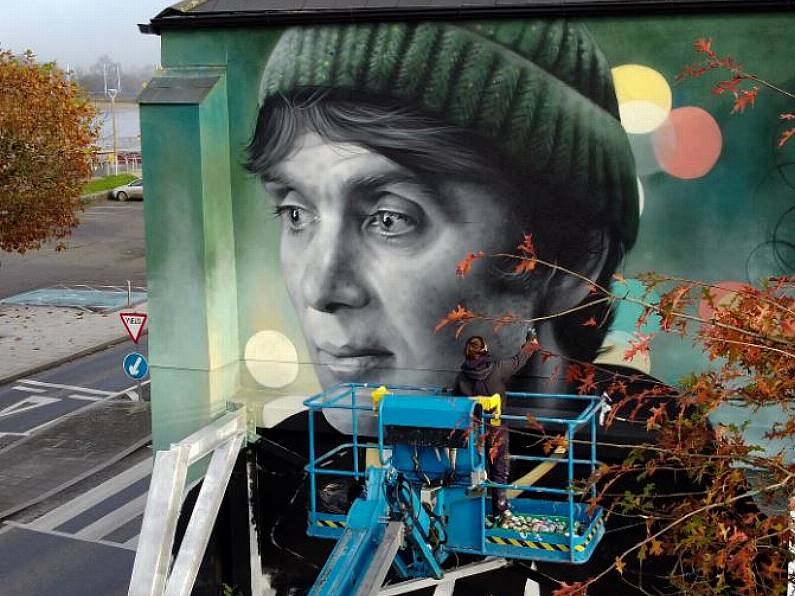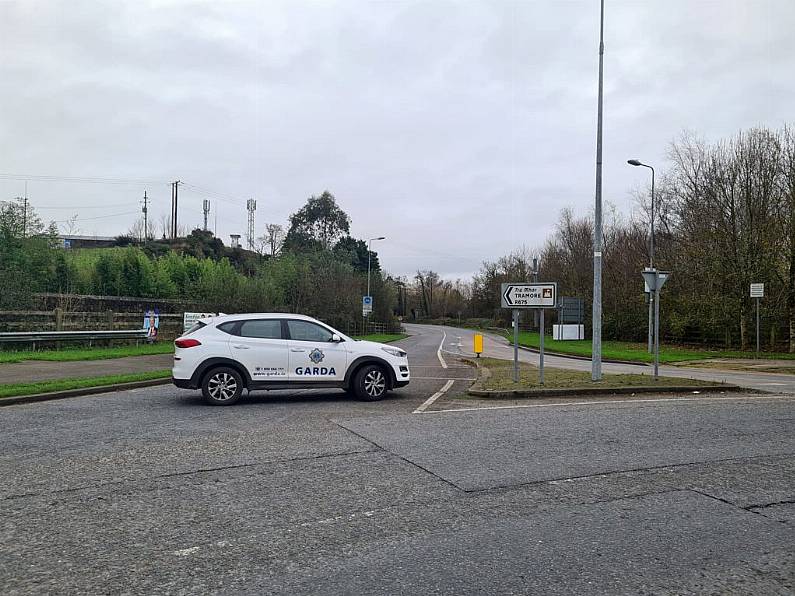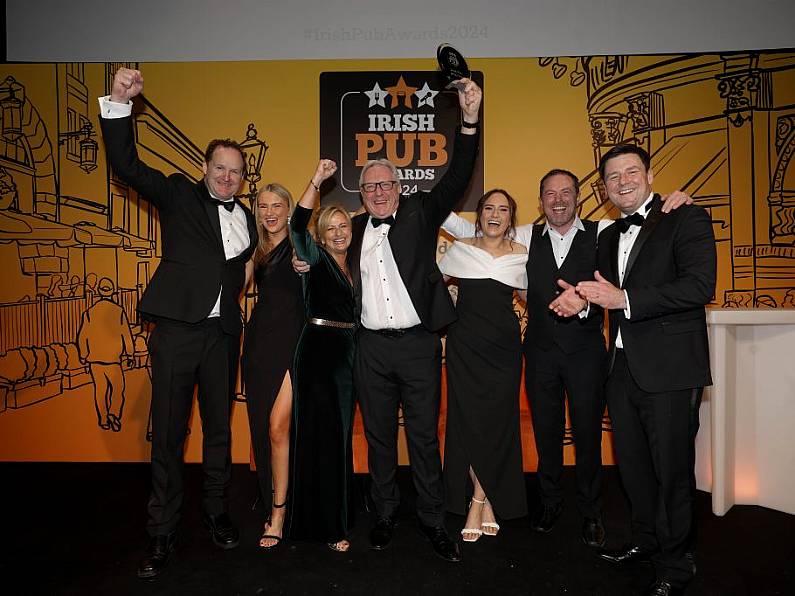A new survey has found that 74% of people think drinking to excess is ‘just a part of Irish culture’.
The Drinkaware Index also identified two key groups within the drinking population which they say deepens our understanding of alcohol consumption in Ireland today.
The research, which surveyed 1,000 adults, defined the two groups as hazardous drinkers (who made up 21%) and a 23% subset classified as potential risk.
Within these two groups, the survey found that 73% of hazardous drinkers are male, with almost half aged under 34 years.
That group were aware of the negative impacts of their current drinking behaviour and showed an openness to modifying their habits.
The research also found that:
- 77% of Irish adults drink alcohol, 23% abstain
- Three in five adults (57%) in Ireland who drink alcohol, drink on a weekly basis
- One in five Irish drinkers (19%) have six or more standard drinks on a typical drinking occasion; increases to 34% of 18-25-year-olds
- Under 25s also report an engaging in an average of 28 binge drinking sessions in the past year, the highest of all demographics
- 46% strongly disagree that they should cut down on their drinking
- 83% of hazardous drinkers consume alcohol weekly or more often, compared to the national average of 44%
Drinkaware's CEO, Sheena Horgan, said: "Drinkaware views the classification of these two groups as a major advance in the understanding of alcohol consumption in Ireland, identifying a degree of self-awareness among those engaged in hazardous drinking that suggests a potential willingness to engage with consumption mitigation strategies, while, for the first time, generating awareness of a key potential risk group within what was previously considered a broadly low risk cohort.
"These findings shed valuable light on assumptions made in relation to the 44% of Irish adults who drink on a weekly basis, and suggest useful directions for future research.
"The attitudinal findings within the Drinkaware Index confirm what intuitively we all already suspected, that there exists a national cultural complacency around excessive alcohol consumption that is complicit in normalising harmful drinking."
